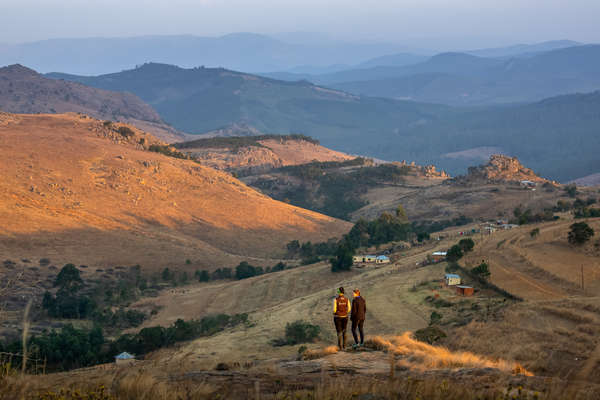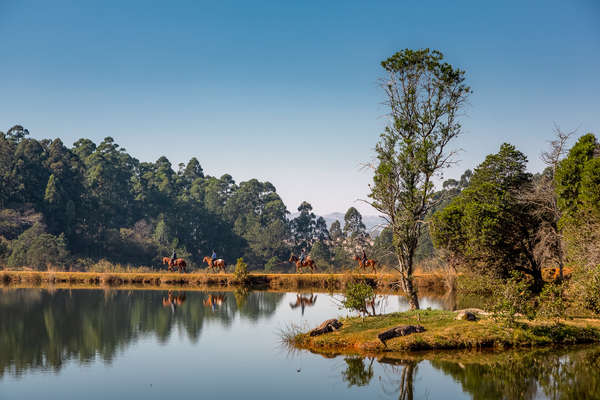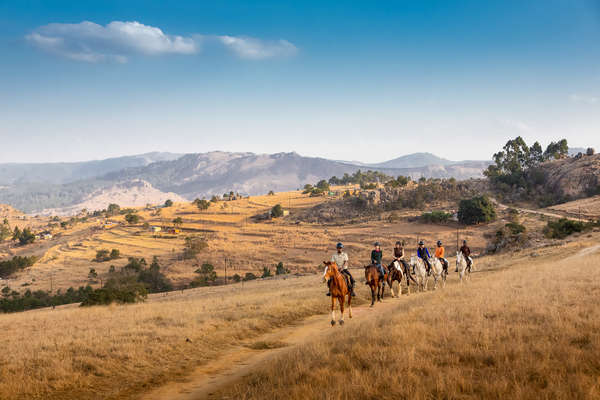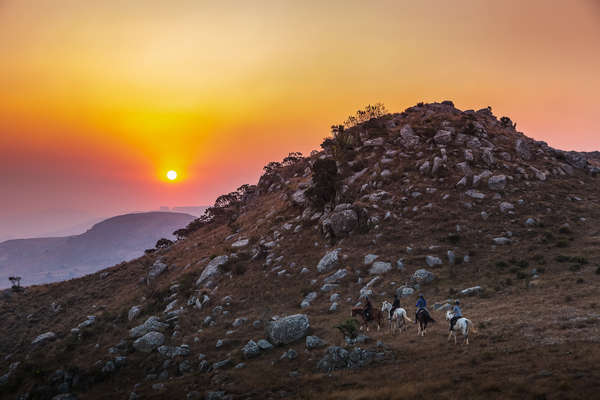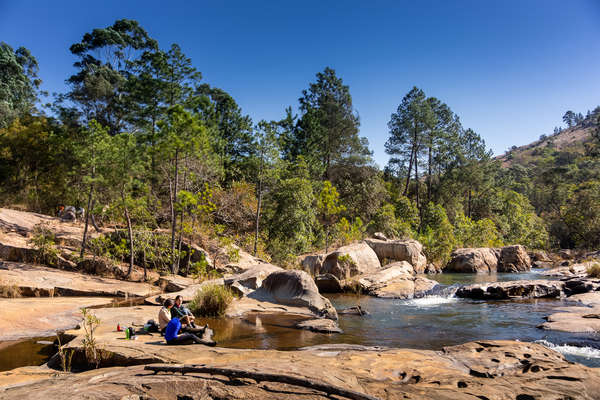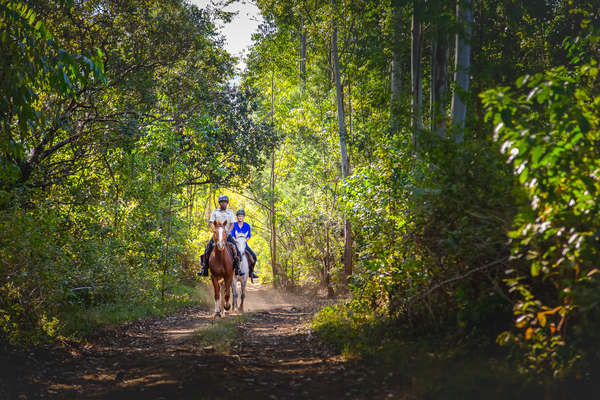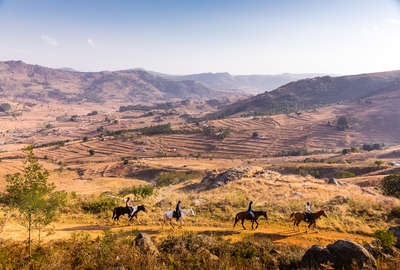
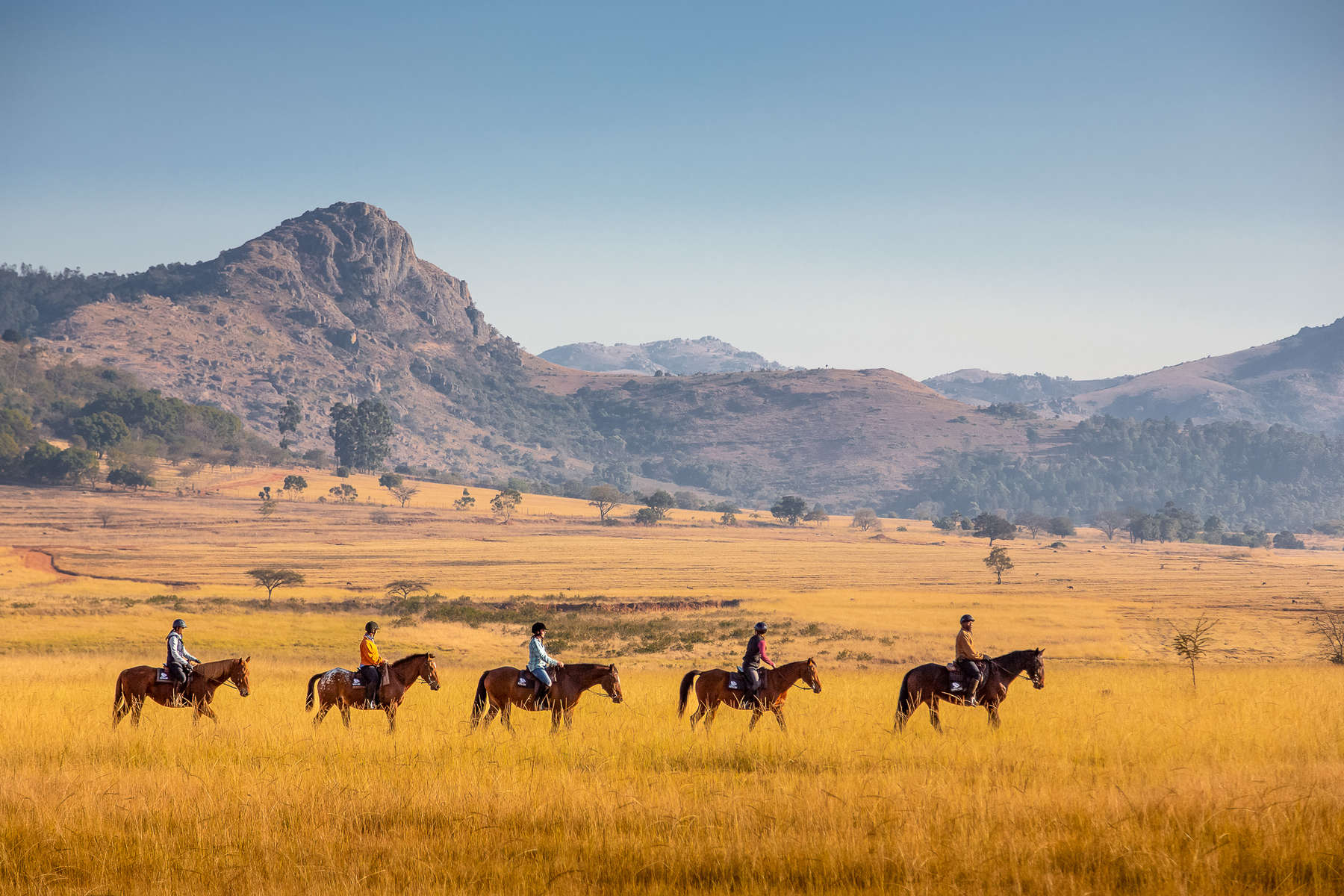
From the horse’s mouth
All trips

Visa & Health
Formalities
Health
Insurance
Voltage
Budget and money
Telephone and jetlag
Country information
Country ID
Nestled in the southeastern region of Africa, Eswatini, formerly known as Swaziland, is one of the continent's smallest countries yet brimming with charm and diversity. Bordered by South Africa to the west and Mozambique to the east, the country spans just over 17,000 square kilometers, making it a land of compact beauty complete with beautiful landscapes and a really interesting cultural heritage.
The country is home to an array of wildlife, with several nature reserves and parks, such as Hlane Royal National Park and Mlilwane Wildlife Sanctuary, offering sanctuary to species like rhinos, elephants, and antelope. Eswatini's commitment to conservation is evident in its efforts to protect endangered species and promote eco-tourism.
History
Eswatini boasts a rich and complex history rooted in the traditions of the Swazi people, a subgroup of the Nguni ethnic group. It was established in the 18th century by King Ngwane III, uniting various clans under his leadership. The name "Swaziland" is derived from King Mswati II who expanded the kingdom's territory and influence in the 19th century.
During the colonial era, Eswatini fell under British administration while maintaining its monarchy. The country achieved independence in 1968, and in 2018, King Mswati III renamed it Eswatini to reflect its pre-colonial identity. The monarchy remains a key feature of Eswatini's governance, making it one of the world's last absolute monarchies.

